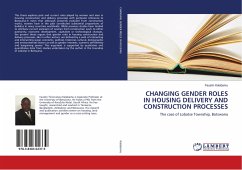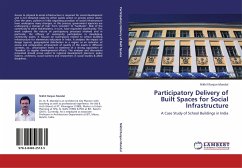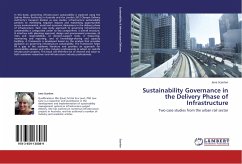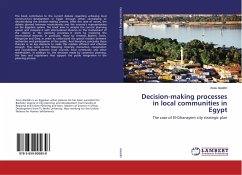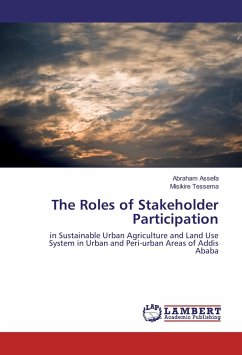This thesis explores past and current roles played by women and men in housing construction and delivery processes with particular reference to Botswana.It notes that although presently excluded from construction works, women have in the past constituted substantial proportions of builders in many countries worldwide. While previous studies have tended to attribute current exclusion of women from construction work to either patriarchy, economic development, capitalism or technological changes, the present thesis argues that gender roles in housing construction and delivery processes, like in other sectors, are defined by a web of interacting and intersecting social, economic, political, historical, cultural, demographic and environmental factors as well as gender interests, women's self-identity and bargaining power. This argument is supported by qualitative and quantitative data from studies undertaken by the author in the township of Lobatse in Botswana.

